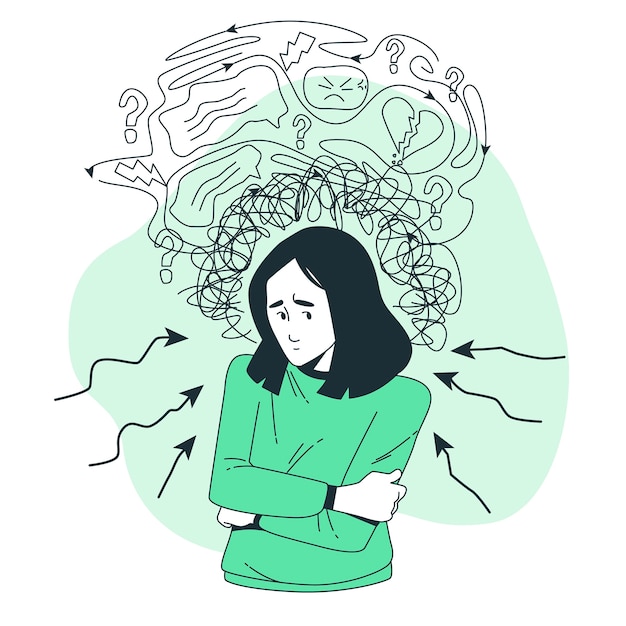A bad mood is a state of mind characterized by negative feelings such as sadness, anger, irritability, or frustration. It can be caused by a variety of factors, including stress, anxiety, fatigue, hunger, lack of sleep, or hormonal changes.
Bad moods can affect our thoughts, behaviors, and physical well-being. When we’re in a bad mood, we may be more likely to think negatively about ourselves and the world around us. We may also be more likely to lash out at others or withdraw from social activities. Additionally, bad moods can lead to physical symptoms such as headaches, stomachaches, and muscle tension.

If you’re feeling in a bad mood for more than two weeks, or if your bad mood is affecting your work, relationships, or daily life, it’s important to talk to your doctor. They can help you to determine the underlying cause of your bad mood and recommend appropriate treatment

Here are some examples of what a bad mood might feel like:
Feeling down or depressed
Feeling irritable or easily annoyed
Feeling anxious or worried
Feeling hopeless or unmotivated
Feeling tired or sluggish
Having difficulty concentrating
Losing interest in activities that you normally enjoy
Having difficulty sleeping
Experiencing physical symptoms such as headaches, stomachaches, or muscle tension
If you're feeling in a bad mood, there are a few things you can do to improve your mood:
Exercise releases endorphins, which have mood-boosting effects.
Spending time in nature has been shown to reduce stress and improve mood.
Talking to a friend, family member, or therapist can help you to process your emotions and feel better.
Doing something that you enjoy can help to take your mind off of your troubles and improve your mood.
When you’re well-rested, you’re better able to cope with stress and negative emotions.
